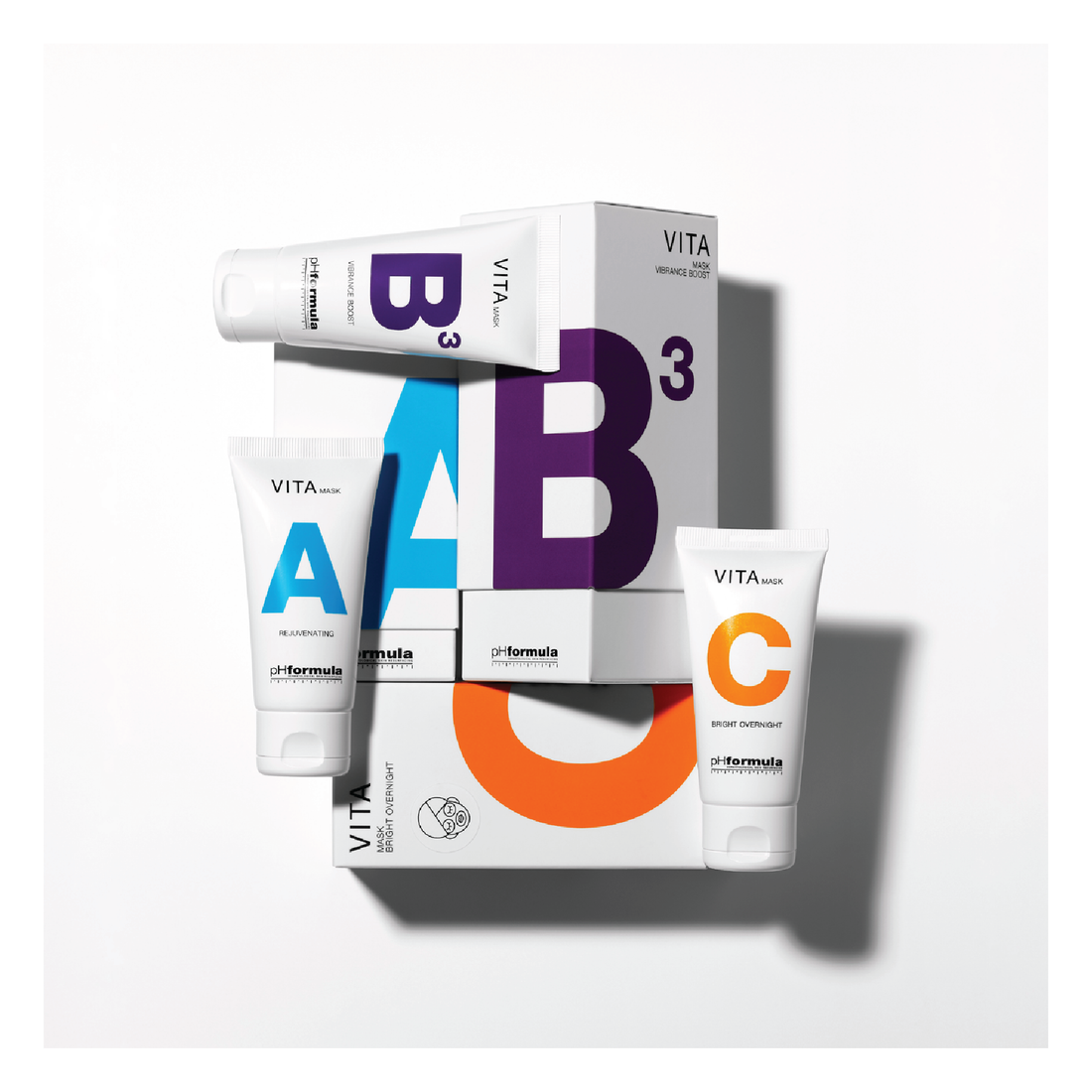
The Benefits of Retinol
Share
What Is Retinol?
How Does Retinol Help With Anti-Ageing?
How Does Retinol Help With Acne?
How Can I Pair It With Other Active Ingredients?
How Do I Start Using Retinol?
Retinol vs. Retinoids
Retinoids (including retinol) are a common part of modern skincare routines, often side-by-side with a multitude of other products. While retinol is a type of retinoid and they share many of the same benefits, the two terms are not interchangeable and have several key differences:
Composition: “Retinol” is a specific term that refers to a vitamin-A derivative that doesn’t function as an active ingredient in skincare formulations. Instead, you must apply it to your skin so your enzymes can convert it to retinoic acid. On the other hand, the term “retinoids” refers to a range of ingredients (including retinol) that can be active skincare ingredients and typically already contain retinoic acid.
Effects: All retinoids (including retinol) offer similar potential skincare benefits, such as increasing collagen production, unclogging pores, helping with hyperpigmentation, reducing fine lines, and fading sun damage or acne scars. However, because retinol is a low-strength retinoid, it often won’t perform these anti-aging or acne treatment functions as well as a prescription-strength retinoid.
Time frame: Retinol is a slow-acting retinoid, typically taking about twelve weeks of regular use before you can see its full effect. Alternatively, higher-strength retinoids can show results as soon as four weeks after your first use.
Best uses: Many retinoids, including retinol, have side effects like redness, dryness, flaking, or irritation. However, since retinol products are lower-strength, dermatologists may recommend them for individuals with sensitive skin, dry skin, or irritation-prone skin or those just starting with retinoid products. Dermatologists may recommend higher-strength prescription retinoids, like tretinoin, if you have previously used topical retinoids or have a skin type that can tolerate it.
Access: Retinol serums are widely available as an over-the-counter product, while higher-strength retinoid products are typically prescription-only.
